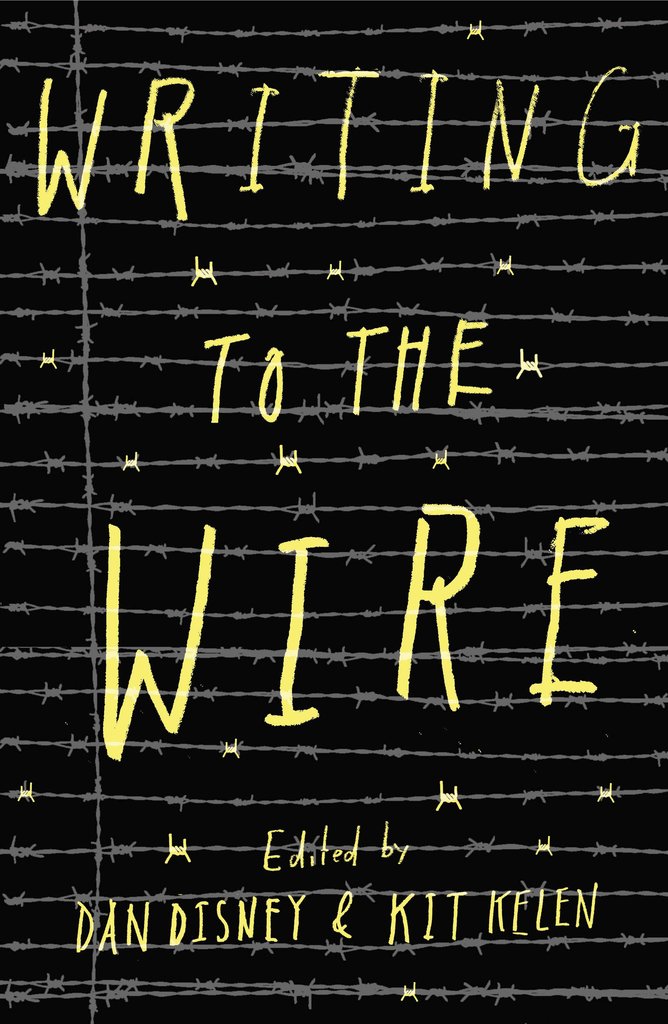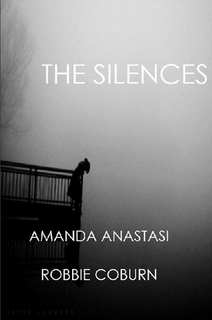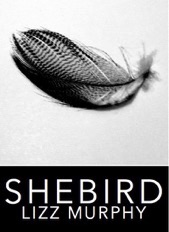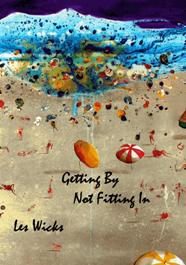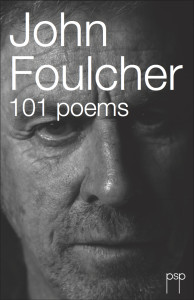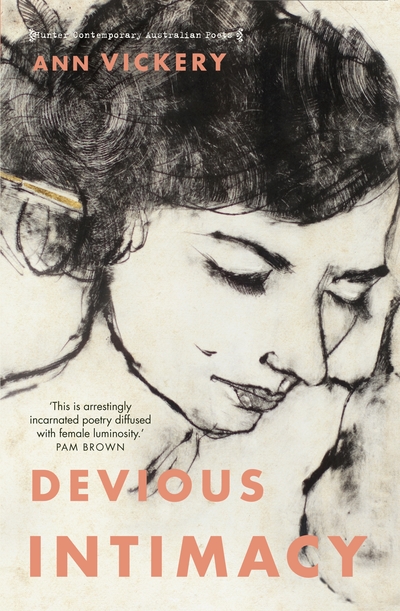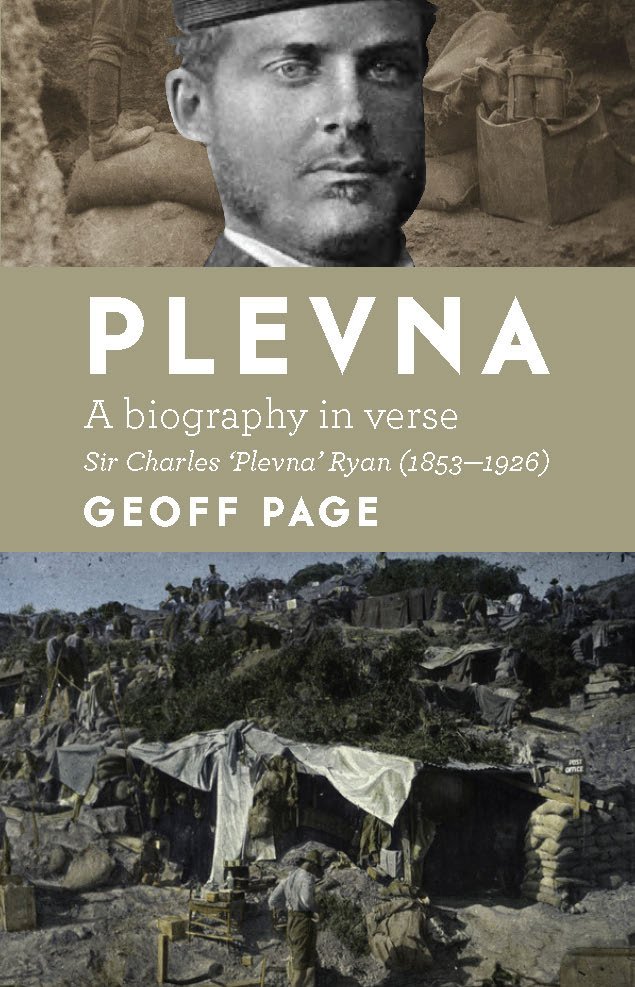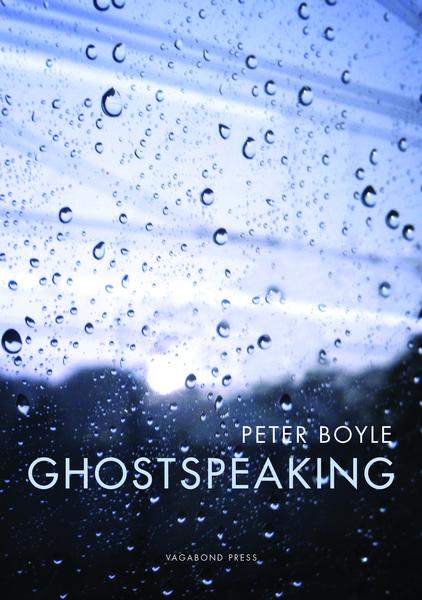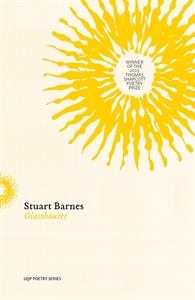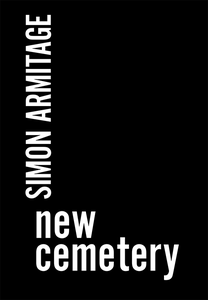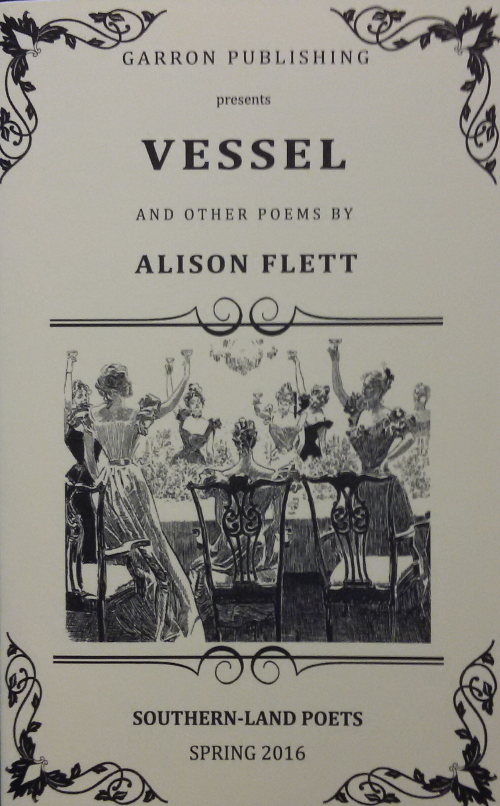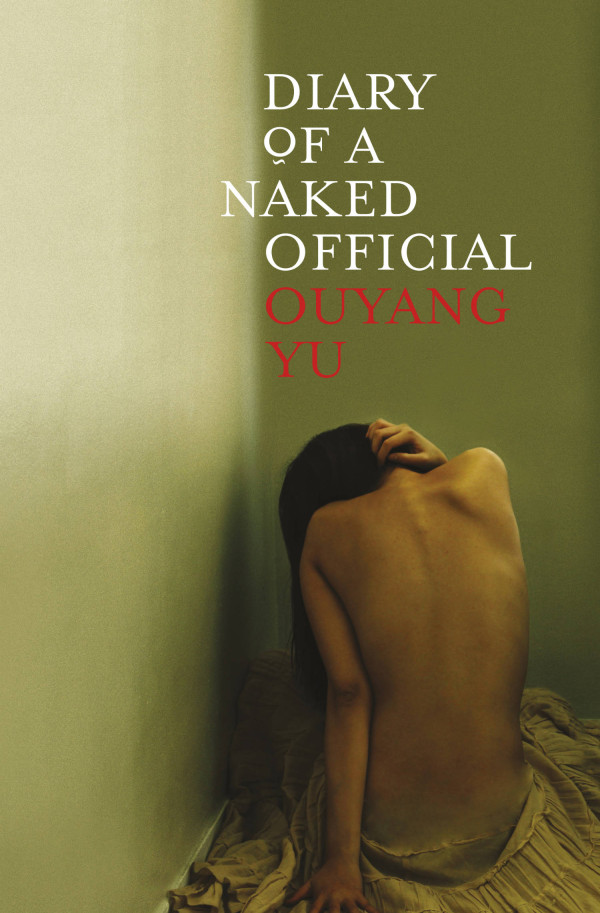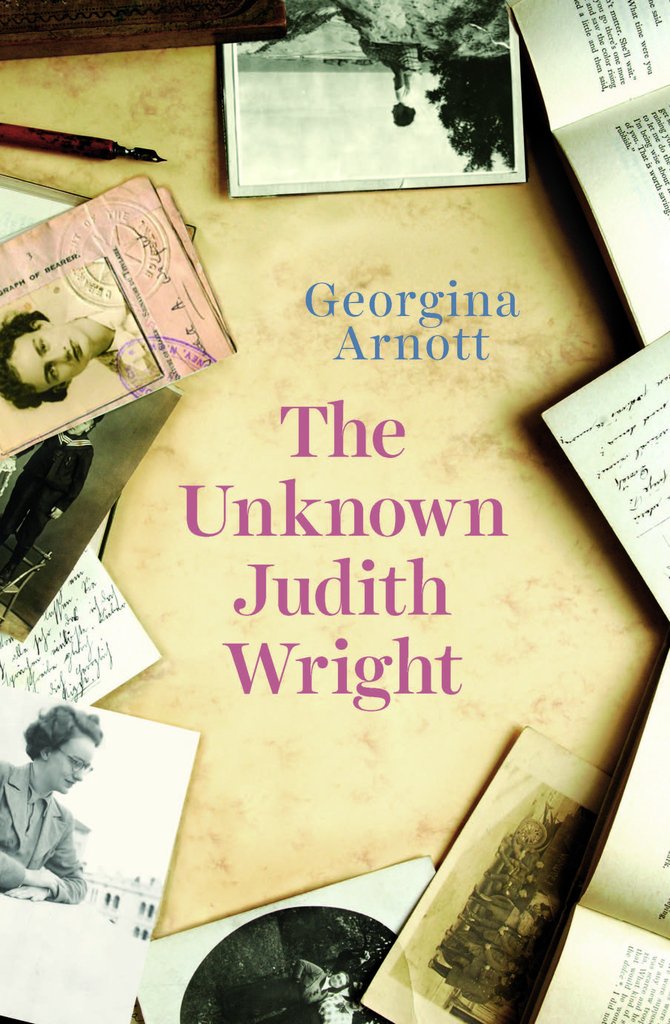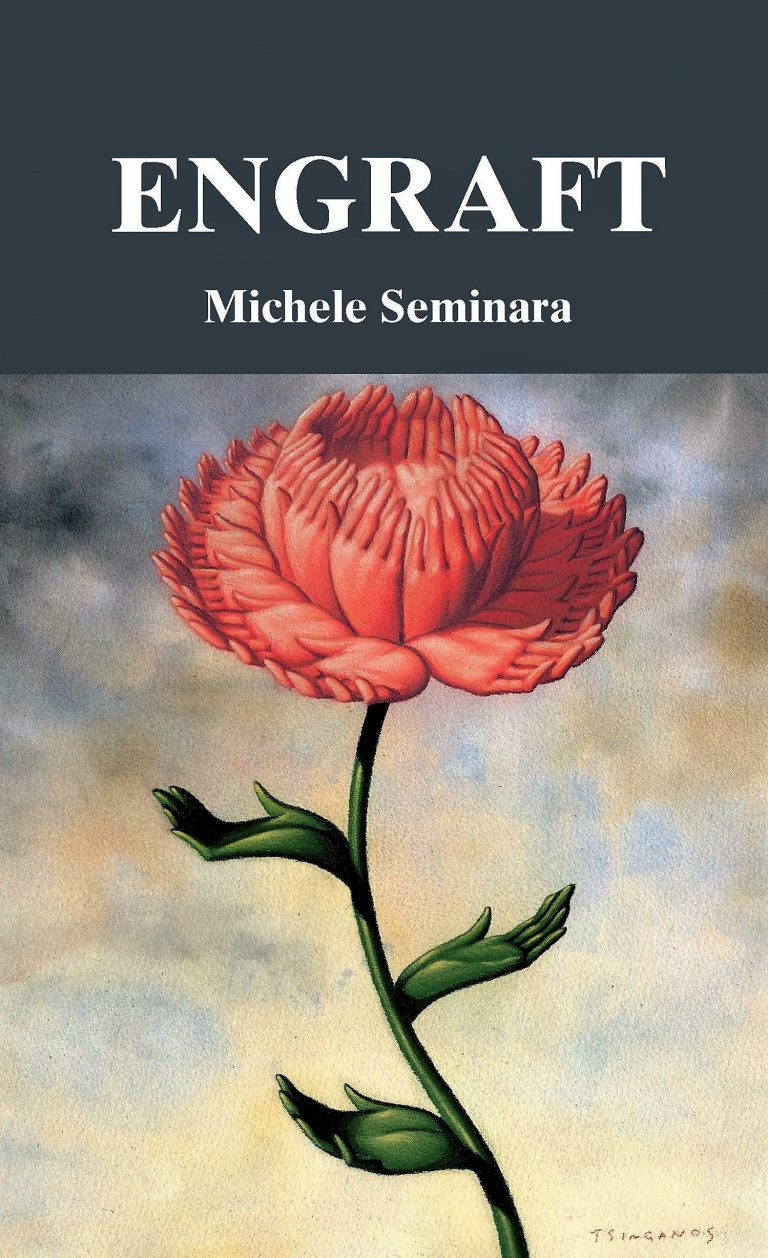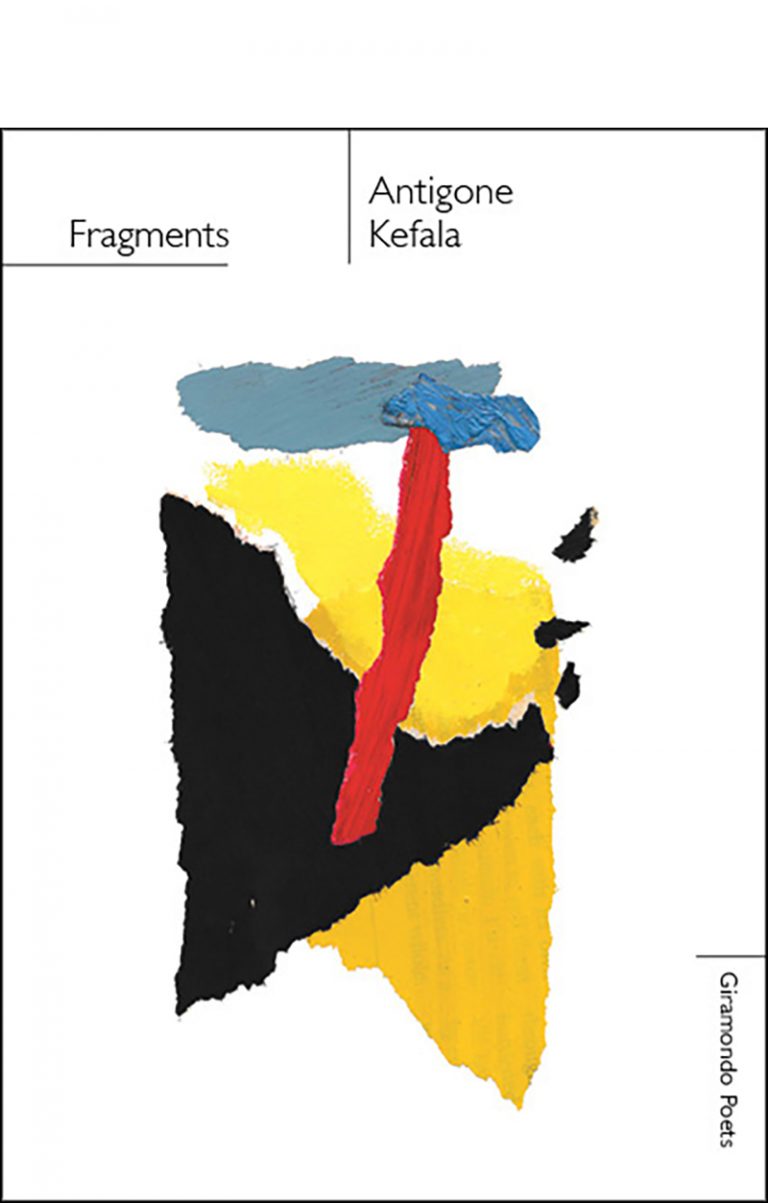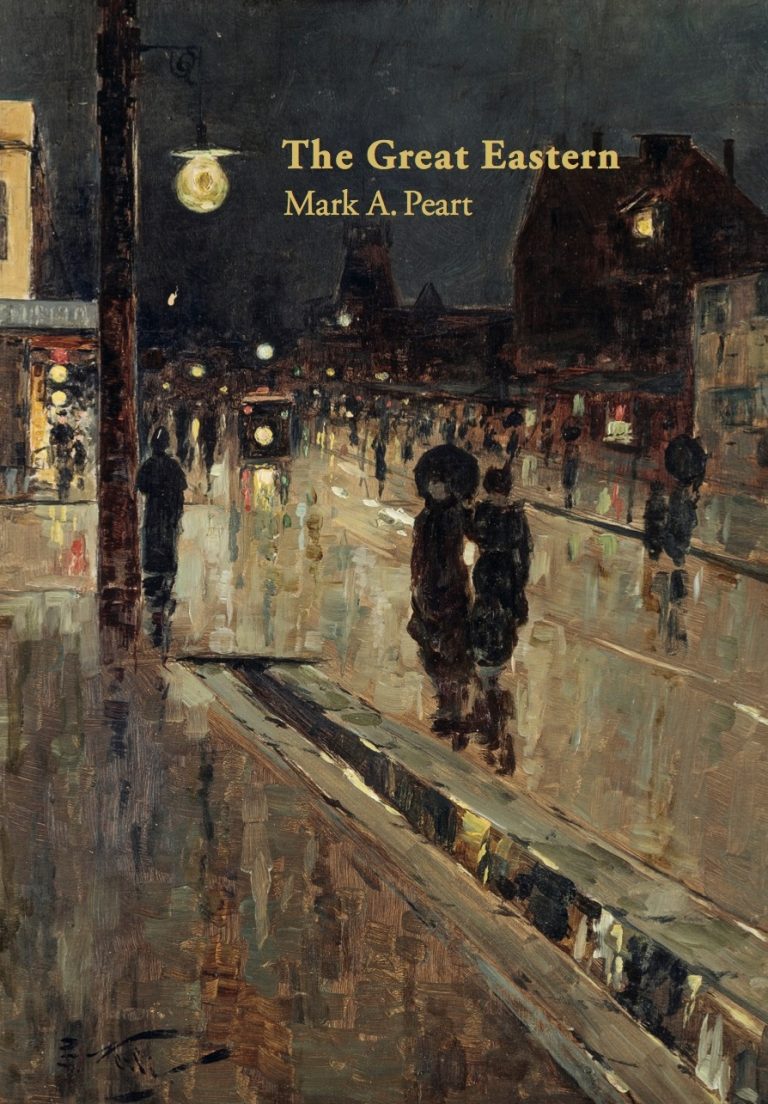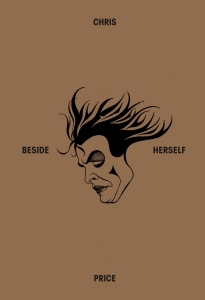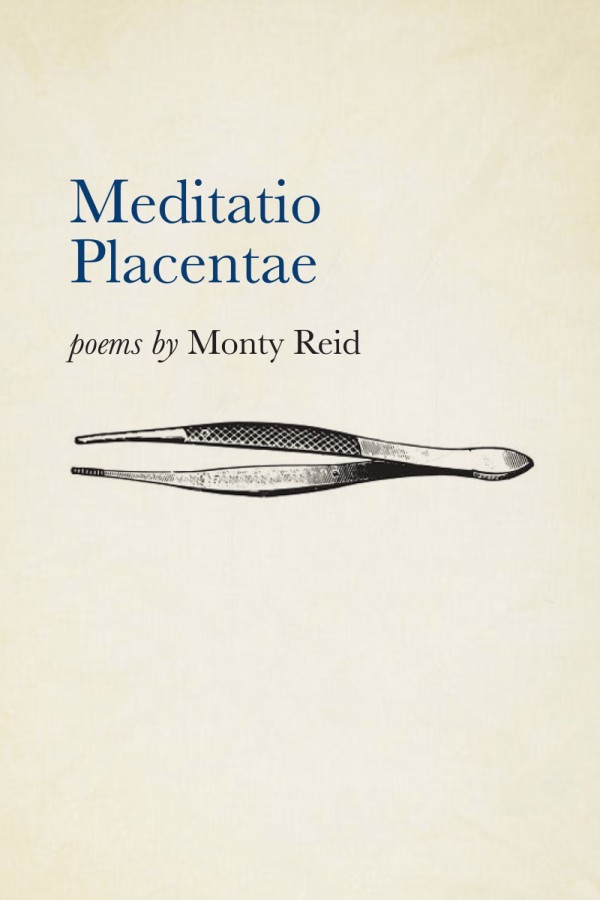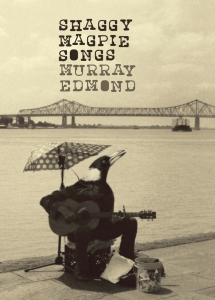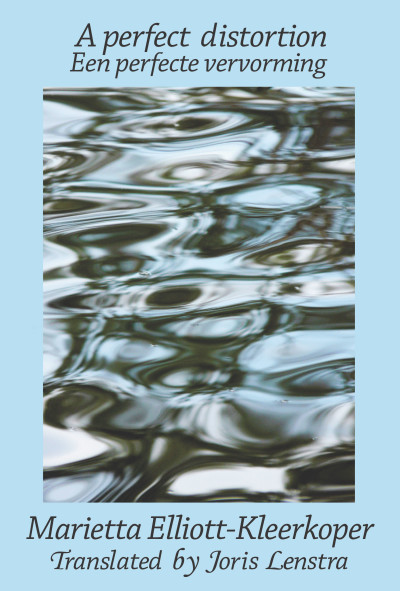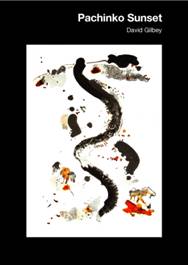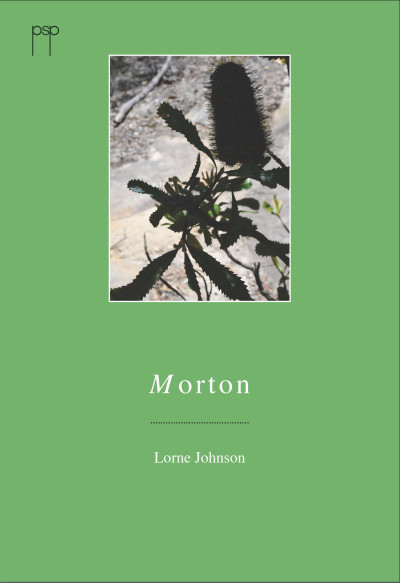BOOK REVIEWS
Julian Novitz Reviews Philip Salom
‘How much of human life is lost in waiting!’ wrote Ralph Waldo Emerson in his essay, ‘Prudence’. Philip Salom’s excellent third novel takes this condition as its title and theme, focusing on four characters who have become mired, to greater or lesser degrees, within their lives and locations.
Review Short: Writing to the Wire, Dan Disney and Kit Kelen, eds.
Hannah Arendt clearly noted it: a dog with a name-tag has a better chance of surviving than an anonymous dog. She also noted that the alleged protections offered by legal and moral rights – human or otherwise – would only be made available to those who did not need them. The right to have rights would be stripped from the rest; they would be consigned to the worst.
Review Short: Amanda Anastasi and Robbie Coburn’s The Silences
These 41 pages from a revived Eaglemont Press (once run by the late, revered Melbourne poet, Shelton Lea) contain the first collections (or first half-collections) of Lea’s much younger fellow-Melbournians, Amanda Anastasi and Robbie Coburn. It’s analogous to two good friends buying a very small inner-city flat to get a toe-hold in the daunting real estate market of that city. Bigger things are sure to come later.
Review Short: Lizz Murphy’s Shebird
It was these lines from Lizz Murphy’s book of micro poetry, Shebird, which entranced me into selecting it for review. The simple yet effective metaphor, the point at which the mundanity of western life and the horrific reality of child labourers converge, at the crossroads of consumerism: this was what brought me into entering the world of Shebird, the ‘woman or girl who wears the shroud of widows, guards the new grave, tastes gun’.
Review Short: Les Wicks’s Getting By Not Fitting In
Is Les Wicks afraid of love? Yes, Les Wicks is afraid of love. I start this review with a swift homage to Charles Simic (1975) because of the feelings, affects and question marks I was left with after first reading Les Wicks’s Getting By Not Fitting In (2016).
Review Short: John Foulcher’s 101 Poems
Over a career spanning more than thirty years many critics have praised John Foulcher’s skill at ‘capturing a moment’. The simplicity of such an observation, however, is no platitude considering how fully Foulcher achieves this. 101 Poems is a retrospective collection that shows the poet’s ability to illustrate how time can be clear and immediate.
David Gilbey Reviews Ann Vickery and Brendan Ryan
These two recent volumes from the distinguished Hunter Contemporary Australian Poets series are about as different from each other as umeboshi and camembert, and – as I’ve found when wanting to impress Japanese visitors with a striking new taste combination that has the energy and disorder of a good poem (to cite Tom Shapcott’s useful terms) – such obverses delight with both surprise and recognition.
Jessica Wilkinson Reviews Geoff Page
Geoff Page is a well-known figure in the Australian poetry scene: a prolific writer with over twenty books to his name and an established editor (recently of the 2014 and 2015 Best Australian Poems), yet perhaps known most widely as a reviewer. A regular feather-ruffler, Page’s reviews frequently appear in prominent publications such as the Age and the Australian. Page’s trust in, and loyalty to conventional verse forms is no secret; he often takes aim at more experimental or avant-garde Australian works, as if such attempts to broaden the field of Australian poetics are to be regarded with some suspicion.
Prithvi Varatharajan Reviews Peter Boyle
Peter Boyle’s Ghostspeaking belongs to a relatively rare poetic tradition, in which the poet creates heteronyms through which he or she writes. Indeed, the cover blurb of Ghostspeaking announces that the book contains ‘eleven fictive poets from Latin America, France and Québec. Their poems, interviews, biographies and letters weave images of diverse lives and poetics.’ As opposed to the pseudonym, which is merely a false name that allows the poet anonymity, the heteronym entails the creation of an entire life: not only distinctive poetic works, but also a biography for the poet that embeds them in real history.
Review Short: Chapbooks from Simon Armitage and Philip Gross
Poetry has a peculiar provenance in the public sphere. To describe the situation with egregious simplicity, some allege that poetry should speak to and for the people, while others assert that poetry should be avant-garde, testing the conventions of language and enacting nothing less than a transformation of society.
Review Short: Chapbooks by Alison Flett, Louise McKenna and Judy Dally
Garron Publishing’s recent ‘Southern-Land Poets’ collection is a ‘pathway trampled with voices’ (Vessel, by Alison Flett), intricately connected by a ‘golden thread/ still hanging from’ the readers flesh ‘like the sharp point of a stylus / forcing its message’ (The Martyrdom of Bees, by Louise McKenna).
Review Short: Stephanie Christie’s Carbon Shapes and Dark Matter
In Stephanie Christie’s first collection, Luce Cannon (2007, as Will Christie), language is a fissile material, words are rendered particulate, unstable, always threatening to devolve into their component parts. And while its subject matter is, often, not what you would call exactly bright, its tone is also not sombre, language tumbles along with a kind of free fall intelligence.
Review Short: Ouyang Yu’s Diary of a Naked Official
Well known as a poet, translator, and literary critic, Diary of a Naked Official marks Ouyang Yu’s second foray into the novel form. His first, Loose: A Wild History (Wakefield Press, 2007), mixes fiction and non-fiction, poetry, literary criticism and diaristic writing.
Phillip Hall Reviews Judith Wright, Georgina Arnott and Katie Noonan
When Judith Wright died in 2000, at the height of Prime Minister John Howard’s cultural hegemony, Veronica Brady was called upon to deliver a eulogy at the public memorial held in Canberra. This eloquent and impassioned speech was reprinted in a national newspaper under the headline, ‘Giant in a Land of Pygmies’.
Review Short: Michele Seminara’s Engraft
In ‘Sky Burial’, a poem about ‘the secrets inside / that we shamefully hide’, Seminara offers a provocation: ‘So listen / why don’t we share them? / Cut our guts open / and air them?’ It is an invitation to confession, but the visceral imagery is also a confrontation, an insistence on exposure which characterises much of Engraft, Seminara’s debut collection of poetry.
Review Short: Antigone Kefala’s Fragments
When casting an eye back at Antigone Kefala’s oeuvre, one finds a poet of the surreal, who has delicately combined reality, folklore, and dream state. She has expressed the trauma of migration and diaspora in hallucinatory ways; she once merged the ache of an old country’s absence with the comfort of myth, and heightened the contrast with dream-like and often disturbing symbolism.
Dave Drayton Reviews Carmine Frascarelli and Mark A Peart
In the nonfiction poetry issue of Axon that she co-edited with Ali Alizadeh, Jessica L Wilkinson highlights the impact that Jordie Albiston’s The Hanging of Jean Lee had on her as an undergraduate in 2001. Albiston’s collection is a poetic biography of Lee, the last woman to be executed in Australia. Wilkinson would later be influenced by Susan Howe – whose practice both informed and was a focus of Wilkinson’s doctoral study – to found Rabbit: a Journal of Non-fiction Poetry in 2011; however, a line can be traced from the early impact of Albiston’s book, to the journal, and on to the fledgling Rabbit Poets Series, which began with Albiston’s XIII Poems in 2013.
Kelly Malone Reviews Chris Price and Hera Lindsay Bird
‘Beside’, for starters, is a clever position for Price to situate her writing and the speakers in this collection. The ‘performance’ carried out by these multiple speakers occurs in varying densities of poetic language. Theatricality is created by a play between subversion of, and adherence to conventions; and between Price’s writing and carefully selected illustrations by Leo Bensemann (including the cover and frontispiece, ‘Mask’).
Michael Aiken Reviews Monty Reid
Composed of nine distinct sections, Canadian poet Monty Reid’s Meditatio Placentae is more like a collection of chapbooks than individual poems. Most of those nine sections have previously appeared as separate publications, and each certainly works as a discrete sequence. The whole is loosely held together by a combination of mundane subjects and a nightmare-like, alien perceptiveness; rather than building a continuous collection, the sections create a context of transition from one mode to another.
Owen Bullock Reviews Murray Edmond
Murray Edmond is a New Zealand poet of long-standing achievement. He published the first of twelve previous collections, Entering the Eye, way back in 1973 with Caveman Press; the most recent was Three Travels (Holloway Press, 2012). He is a dramaturge, with a career ranging from the experimental Red Mole Theatre Company to the present Indian Ink Theatre Company.
Review Short: Marietta Elliot-Kleerkoper’s A Perfect Distortion
The poems in this collection are provided in the original Dutch with an English translation; two languages and cultures that are intertwined in the poet and in the poetry. The mirroring effect of the parallel texts moves the reader beyond English language egocentricity, providing a continual reminder that language is constructed and understood in a variety of ways.
Review Short: David Gilbey’s Pachinko Sunset
David Gilbey’s long-standing connections with Japan take centre stage in Pachinko Sunset, a collection that embraces simple, direct form to explore a layered series of issues linked with this relationship. The titular ‘pachinko’ refers to a popular Japanese game akin to pinball, in which a cascade of small metal balls are released to strike pins and be channelled off into different locations, with different prize implications for each. This image is a fair comparison for the text as a whole, as Pachinko Sunset delivers a sequence of poems in constant activity, heading in numerous directions at once, yet intrinsically caught up in the anxieties and ironies of travelling, translating, and relating Australia to Japan.
Review Short: Lorne Johnson’s Morton
Morton is Lorne Johnson’s first published collection. However, Johnson’s work should be familiar to avid readers of Australian poetry, since it has been published and commended in prizes for over a decade now. Johnson’s poetry has been published in many of Australia’s leading journals, including Mascara, Wet Ink, Island, Meanjin, Rabbit and Regime.


